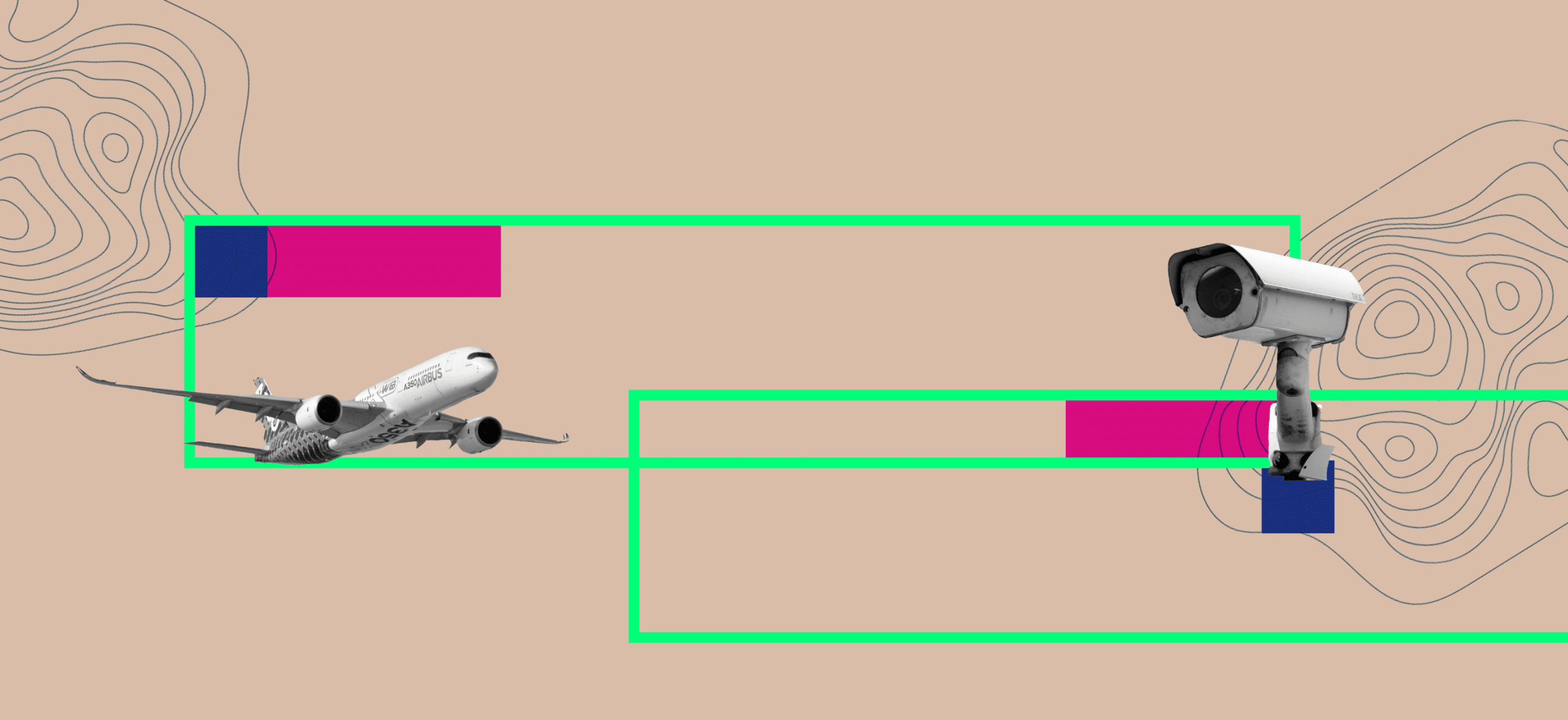Leer en español / Ler em português. Today, August 9, Access Now, the Laboratory of Public Policy and Internet (LAPIN), Asociación por los Derechos Civiles (ADC), and LaLibre.net (Tecnologías Comunitarias) are illuminating the shadowy mass surveillance industry in Latin America. The new report, Surveillance Tech In Latin America: Made Abroad, Deployed at Home, unpacks the growing biometric surveillance infrastructure in Argentina, Brazil, and Ecuador, unmasks the companies behind these dangerous products, and exposes the government policies and practices that are undermining people’s rights.
“The report exposes the complete lack of accountability and transparency of governments and surveillance tech companies must adhere to,” said Gaspar Pisanu, Latin America Policy Manager at Access Now. “When you’re not answerable to anybody, you’re free to exploit this technology and benefit in the process. Vague excuses around ‘public security’ shouldn’t throw the fundamental rights of millions of people to the wayside.”
Based on public information requests, public databases, and interviews, key findings on mass surveillance in Latin America include:
- Companies such as AnyVision, Hikvision, Dahua, Cellebrite, Huawei, ZTE, NEC, IDEMIA, and Verint, are flying under the radar, selling surveillance tools across the region without transparency or public scrutiny;
- Under the guise of “free” technology for governments, some companies are testing their surveillance systems on thousands of unknowing people across Latin America;
- In Argentina, a massive biometric database called SIBIOS has become the infrastructure for many other surveillance technologies, from surveillance balloons in Buenos Aires, to thermal cameras in airports;
- In Brazil, both the public and private sectors are using surveillance technologies, citing reasons like public safety, fraud detection, and tracking school attendance; and
- In Ecuador, a nationwide law enforcement surveillance infrastructure (ECU911), now with more than 6,600 cameras, was being used to spy on political adversaries and citizens.
“The region that embraces techno-solutionism as a panacea to all social issues, has emerged as an ideal client for international companies to unload rights-harming technology,” said Verónica Arroyo, Latin America Policy Associate at Access Now. “With the use of surveillance technology on the rise, the future of human rights across Latin America is very much up in the air.”
With key recommendations laid out in the report, Access Now is calling for bold and concrete actions from lawmakers, governments, companies, and the media now. Transparency and human rights protections must come before surveillance and profit.
Access Now, ADC, LaLibre.net, LAPIN, and other local organizations will continue the fight for rights across the region, including the global initiative to ban biometric surveillance, #BanBS.
READ THE REPORT
